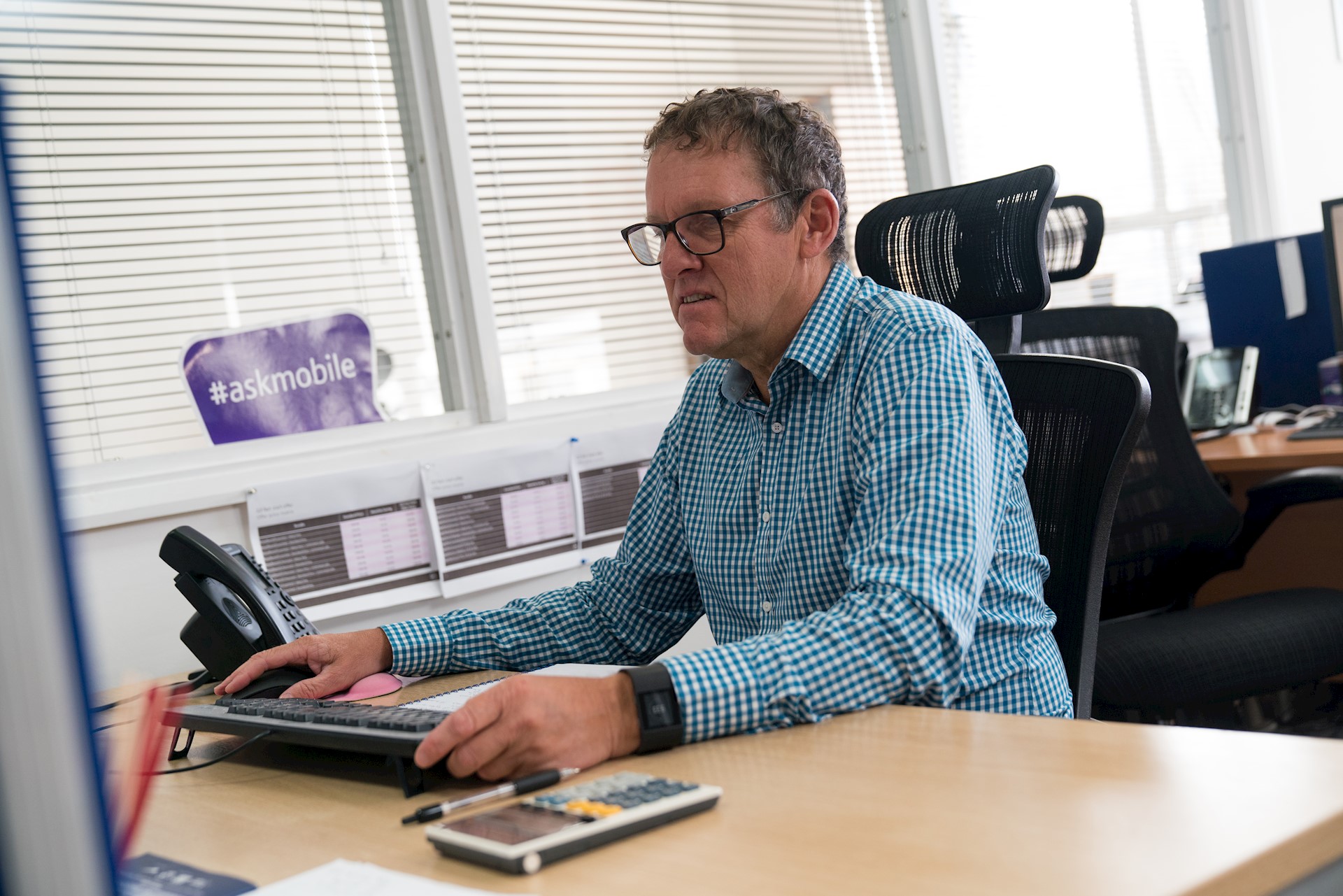How should I pay myself?
As self-employed you will take “drawings” from the company i.e. you will simply pay yourself monies from the business bank account. These “drawings” can be taken at any point but it is important to note that these are not deductible in working out the profits for the business and you will have to pay tax on the profits through the self-assessment system.
Heres how you take money from your business and ‘pay yourself’ depends on whether you are set up as a sole trader or a limited company.

Sole Trader
As a sole trader you do not pay yourself a salary or wage. Instead any payment that you make to yourself is called a ‘drawing’. Any profit that you make in your business is yours and it is from this that you can take ‘drawings’.
As a sole trader you are personally liable to pay income tax and national insurance on any profits that you make so it is important that you record the amount of drawings that you take.
When taking drawings consider any upcoming business expenditure.
It’s a good idea when trading as sole trader that you:
- Set aside 25% of your income each month so that at the end of the year you will have more than enough to cover your tax bill.
- If you are VAT registered that you set aside money for this too as VAT payments are made quarterly
- Set up a separate bank account and keep your business and personal finances separate
Limited Company

If you have set up a limited company, there are several ways of paying yourself or taking money out of the company.
It’s important to note that the money that the company takes is not yours to take whenever you need it. You can pay yourself through either or both - PAYE or dividends.
Pay as You Earn (PAYE)

You can pay yourself through a salary. To do this, you must register your company as an Employer with HMRC. You will also need to register for self assessment with HMRC.
Paying yourself this way provides you with a monthly income but be aware that depending on how much of a salary you set, you could put yourself on the top rate of income tax, and your salary will be classed as business expenditure thus affecting the overall profits of the limited company and therefore Corporation Tax due. Some Directors opt to pay themselves a salary that keeps them below the tax threshold and then take additional ‘pay’ through dividends.
Dividends
Dividends are the second way of paying yourself. These are payments made to company shareholders from the profits of the company. To issue a dividend, you must ensure that there are enough profits in the company. Because dividends are a distribution of company profit they need to be distributed after corporation tax has been accounted for, but they do not attract National Insurance Contributions (NICS) and they attract lower income tax rates than a standard salary would.
You will only have to pay tax if your dividends go above your dividend allowance in the tax year.
Ask your business advisor for the current tax rate on dividends.
Got a business question?
We're here to help. Get in touch.
Book your free appointment below:
Contribute today, help change lives
Your contribution, no matter how small, can make a life-changing difference for individuals who face barriers to starting a business. By contributing as little as five pounds, you’re helping us keep our vital services free and accessible for those who need them most.
